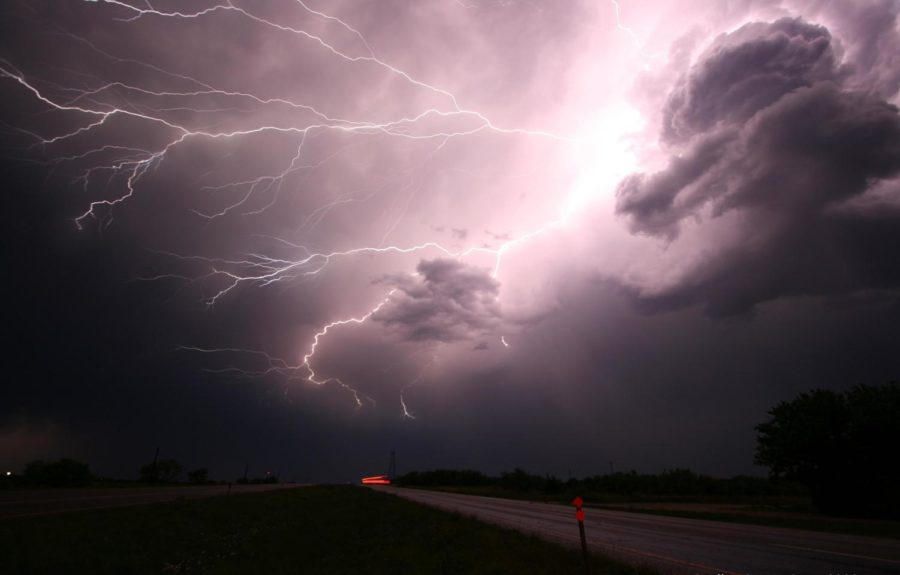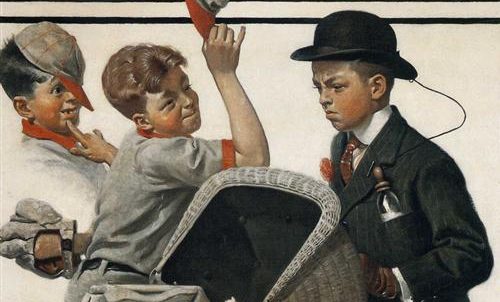The Problem Of Power
The exchange of resources and materials has dated back many centuries. Most, if not all of us know that some of those exchanges weren’t exactly mutual, and it consisted of powerful countries using their power to take advantage of countries that were more often, less powerful. Scenarios like these are not often thought of when we think of modern times. We think this was back in history, but we need to recognize that these problems still exist in the modern world.
What makes a country powerful?
Is it its size? Its government? Or, is it the military? It’s safe to say that all of these things can play a role in how powerful a country may become. When we think of the powerhouses of this century, names such as the United States, China, and Great Britain come to most people’s minds. But, how did they get there? Here are a few examples.
China and Taiwan
We often hear, “Taiwan does not want to be unified with China.” But, as we probably already know, it goes even deeper than what is being mentioned.
As seen or heard on the news, the conflict is based on Taiwan’s decision to either be unified with Mainland China, or continue as an independent country. Although there has been no direct conflict, China has put pressure on Taiwan through its various military drills and by pressuring countries to cut ties with Taiwan.
China believes that Taiwan is part of its territory, while Taiwan and its president on the other hand strongly advocate Taiwan’s independence. China uses their upper hand, since they have been a powerful country. China asserts its power over Taiwan, both economically and diplomatically. Taking over Taiwan would boost China economically, since Taiwan produces about 90% of the world’s semiconductors, and a takeover would gives China access to Taiwan’s trade relationships.
U.S and Panama
The relationship between the United States and Panama has been marked by a long and complicated history, shaped by a mixture of cooperation and conflict. One of the defining moments in this relationship was the construction of the Panama Canal, which was completed in 1914. The canal was built by the United States, who saw it as a way to connect the Atlantic and Pacific Oceans and have greater control over shipping routes.
The U.S. used significant control over Panama, exploiting its resources and labor to build the canal. Throughout the 20th century, there were numerous protests and demonstrations in Panama against U.S. control and influence.
The 1984 riots, also known as the, “flag riots,” which were sparked by anger over the presence of U.S. military interference in Panama’s affairs. The riots caused lots of death and destruction and served as a wake-up call for the U.S. government, which recognized the need to analyze its relationship with Panama. Panama finally gained control of the Panama Canal in 1999.
Russia and Ukraine
February of 2022 is when the news hit about Russia invading Ukraine. The relationship goes back many years. In 2014 after Ukraine went through the Revolution of Dignity (to get rid of their government that was causing them to be oppressed), their then President Viktor Yanukovych backed away from a deal to join the European Union, further securing their ties with Russia. This government also allowed Russia access to Ukraine to a certain level, but with the revolution, things were about to change. After the removal of Yanukovych, Russian seized control of a Ukrainian city and added it as territory in 2014, which led to further conflict in eastern Ukraine and protests of being Pro-Russian. This caused many deaths and people to be displaced.
To put it simply, Russia wanted to dominate Ukraine to fortify Russian power. Taking Ukraine will also allow the Russians to have access to resources such as lithium and titanium- which will further expand Russia’s economic status.
Economic image and power pushes countries to go out and grow the number of resources they have as well as contribute to their land’s size, just as it was many centuries ago.
It is important to be aware that although we may not think of current events as being the same or, as bad as it was, we must continue to talk about issues like these. To bring awareness to the people being affected by the resources that are being taken away, the inable to support their people, and have their rightful power.











